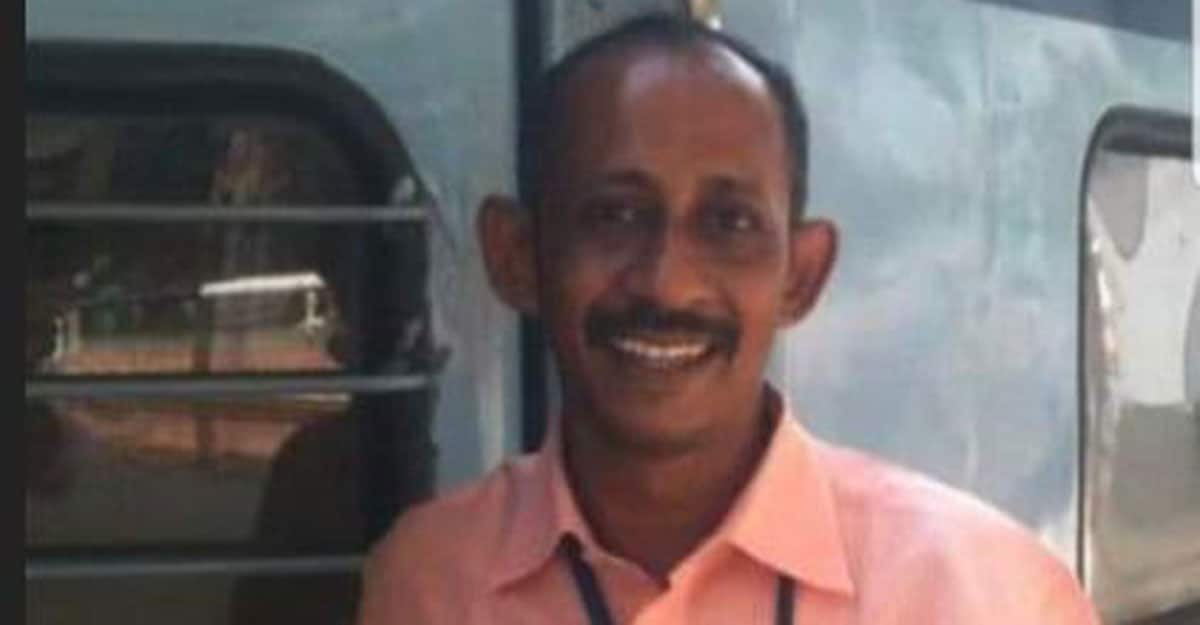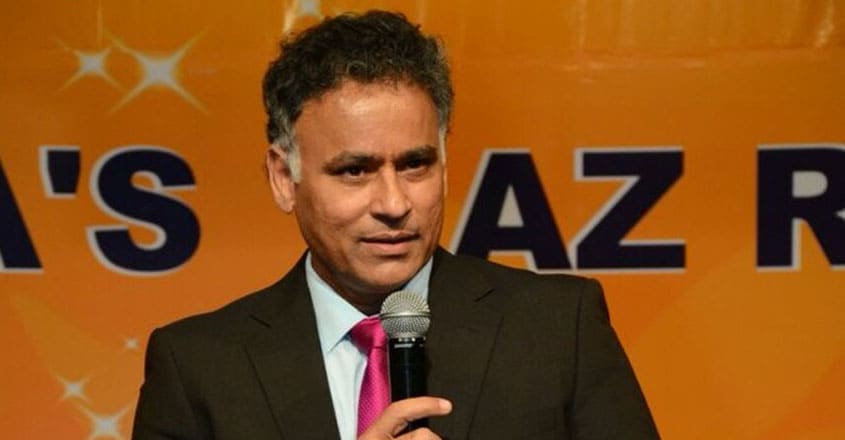Column | What prompts successful sportspersons to take their own life?

Mail This Article
The week that went by ended with the receipt of a piece of sad news informing about the untimely death of M Suresh Kumar, former Kerala and India Under-19 left-arm spinner. He had represented Kerala and his employer Railways in Ranji Trophy for a decade and a half from 1991 till 2005. He was a useful lower order batsman who had a century to his credit in first-class cricket besides being a brilliant fielder. The news of his demise sent shock waves through the fraternity of cricket lovers in Kerala and the outpouring of grief that followed in its wake showed the regard with which he was held by those connected with the sport in this state.
I had the unique opportunity of being an umpire in a Ranji Trophy where “Umri”, as Suresh Kumar was popularly known, played. This was a match between Railways and Baroda, played at the IPCL ground in Vadodara in January, 1997. It might interest followers of the game to know that Umri played as the first choice left-arm spinner for Railways, while Murali Karthik, who later played for India, was donning the role of “twelfth man”! In other words, he was considered a better bowler than Karthik, who went to play for the national side in another three years.
Exceptional fielder
However, what impressed me more during this game was the fielding prowess of Umri. He was an outstanding fielder who patrolled the deep effectively. But it was his powerful arm that caught the eye. His throws from the boundary were always on target. Further, he possessed this rare ability to look and point towards one end while throwing the ball towards the other, with unfailing accuracy. This required not only the batsmen but also the fielders and even the umpires to be on their guard as one could not be sure to which end the ball would be sent! In all my four decades of umpiring at various levels, I have never seen a cricketer who could do this as effectively and effortlessly as Umri.
Umri’s finest hour on the field was at Palakkad in January, 1995, when the underdogs Kerala defeated Tamil Nadu for the first time ever to qualify for the knockout stage of the Ranji Trophy. He finished with 12/164 runs, as the visitors, whose line-up included W V Raman, Robin Singh, V B Chandrasekhar and S Ramesh, struggled against his deadly bowling. The Tamil Nadu spin attack, which boasted of Sunil Subramaniam, Balaji Rao and M Venkataramana could not be half as effective as Umri, which showed how potent he could be with the ball. Unfortunately, this splendid performance did not get the attention that it deserved at the national level.
As a spin bowler, Umri had in his arsenal all the weapons of trade that a leftarm purveyor of this discipline was required to have. His stock delivery turned from the leg stump of the right-handed batsman towards the off but he had a mean armer that hurried off the wicket. He possessed a sharp faster delivery and had excellent control over line and length. He also had the stamina to keep bowling for long hours, besides a big heart for taking a bit of stick from the batsmen. His 196 wickets in 72 matches with 12 five wicket-hauls, besides bagging 10 scalps in a match on two occasions stand as testimony for his bowling abilities.

Unlucky not to play for India
It would remain a matter of great regret that Umri could not do full justice to the talent that he was blessed with. His performances as a member of the India under-19 side in early 1990s and his initial years in domestic first-class cricket had created hopes that he might make it to the national squad. Incidentally, there was a void in left-arm spin bowling in India after the departure of Maninder Singh and Ravi Shastri when Umri emerged on the horizon. However, the selectors persisted with Venkatapathi Raju till 1995 and, after that, tried very average performers such as Sunil Joshi, Nilesh Kulkarni and Rahul Sanghvi, none of them made a mark at the highest level. The presence of two other top quality spin bowlers in the Kerala side, K NAnanthapadmanabhan and B Ramprakash, also led to Umri having a lesser share of the limelight. It might also have been the case that Umri appeared to have lost a bit of focus towards the game by the end of 1990s.
However, his unnatural death brings in its wake a more serious question- what prompts successful sportspersons to taking their own life, when seemingly well settled after retirement. Not too long ago, V B Chandrasekhar, a former Indian opener, committed suicide in Chennai. In Kerala itself, we have the examples of S Rajesh, a former Ranji captain and V P Sathyan, an ex-Indian football team captain, who decided to end their lives. When one searches the net, Wikipedia provides a list of 70 former international cricketers, who have taken this route to exit from the world. Is that number not too high?
Any sportsperson who rises to the top of his profession does so through sheer hard work, dedication, discipline and single minded devotion towards his goals. In addition to tons of talent, success in any sports discipline demands extraordinary mental strength to cope with the various setbacks that are an inalienable part of one’s career. How is it that such persons, who could survive huge odds and make it good in the competitive world of sports, find it difficult to cope with the simple challenges of life once their playing days are over? Has it got anything to do with the vacuum that enters one’s life after quitting the playing fields? Or are the adjustment problems so huge that they might need support and advice?

Sanjay Manjrekar has, in his candid memoir “Imperfect”, detailed about how his father Vijay could not adjust to life outside the limelight once his playing days were over. He would throw terrible temper tantrums, picking up fights even with drivers of vehicles behind his, who refused to dim their headlights. Rajdeep Sardesai has also written about the failures that his father Dilip faced in his business ventures which even led to his arrest by Enforcement Directorate. If these two examples are anything to go by, it would appear that quite a few top level cricketers face serious difficulties in adjusting to realities of life once their playing days are over.
If one studies the career of any successful first-class cricketer it would be seen he would have started focusing solely on the game from his early teens, leaving him with little time for studies or for pursuing any other activity. This would leave him relatively less qualified for taking up most responsible jobs once their playing days are over. It was this realisation that prompted the Board of Control for Cricket in India (BCCI) to ensue that first-class cricketers earned sufficiently well and did not have to worry about finances, once their playing days are over. The booming of cricket related enterprises have ensured that almost all of them are gainfully occupied and contributing to the growth of the game as well. Many former players involve themselves in activities related to the game like coaching, umpiring, cricket administration etc as their expertise falls in this area. In fact both Umri and Rajesh, were employed, the former with Railways while the latter became a highly successful and well regarded coach.
The sad and untimely departure of Umri is a gentle reminder that there would be some instances where former stars are not able to adjust to the relative monotony of life outside the playing fields. It would be impossible for the BCCI or even the local associations to identify these players and offer timely help. One possible solution could be to form collectives of former players, at the locale level, who can identify such cases early and provide the required support. Sports bodies like the BCCI or state associations can, in turn, provide assistance to these groups of former players in a need based manner.
Demise of a former player is a sad occasion for sports lovers. The grief and shock are more when it emerges that the person concerned chose to end his life. Let us hope and pray that such instances do not happen again.
Rest in peace, Umri.
(The author is a former international umpire and a senior bureaucrat)


